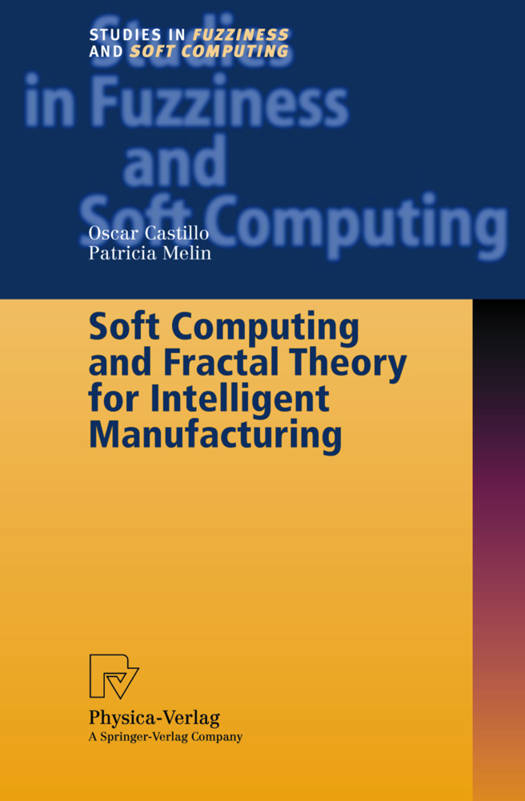
Door een staking bij bpost kan je online bestelling op dit moment iets langer onderweg zijn dan voorzien. Dringend iets nodig? Onze winkels ontvangen jou met open armen!
- Afhalen na 1 uur in een winkel met voorraad
- Gratis thuislevering in België vanaf € 30
- Ruim aanbod met 7 miljoen producten
Door een staking bij bpost kan je online bestelling op dit moment iets langer onderweg zijn dan voorzien. Dringend iets nodig? Onze winkels ontvangen jou met open armen!
- Afhalen na 1 uur in een winkel met voorraad
- Gratis thuislevering in België vanaf € 30
- Ruim aanbod met 7 miljoen producten
Zoeken
€ 158,45
+ 316 punten
Omschrijving
We describe in this book, new methods for intelligent manufacturing using soft computing techniques and fractal theory. Soft Computing (SC) consists of several computing paradigms, including fuzzy logic, neural networks, and genetic algorithms, which can be used to produce powerful hybrid intelligent systems. Fractal theory provides us with the mathematical tools to understand the geometrical complexity of natural objects and can be used for identification and modeling purposes. Combining SC techniques with fractal theory, we can take advantage of the "intelligence" provided by the computer methods and also take advantage of the descriptive power of the fractal mathematical tools. Industrial manufacturing systems can be considered as non-linear dynamical systems, and as a consequence can have highly complex dynamic behaviors. For this reason, the need for computational intelligence in these manufacturing systems has now been well recognized. We consider in this book the concept of "intelligent manufacturing" as the application of soft computing techniques and fractal theory for achieving the goals of manufacturing, which are production planning and control, monitoring and diagnosis of faults, and automated quality control. As a prelude, we provide a brief overview of the existing methodologies in Soft Computing. We then describe our own approach in dealing with the problems in achieving intelligent manufacturing. Our particular point of view is that to really achieve intelligent manufacturing in real-world applications we need to use SC techniques and fractal theory.
Specificaties
Betrokkenen
- Auteur(s):
- Uitgeverij:
Inhoud
- Aantal bladzijden:
- 283
- Taal:
- Engels
- Reeks:
- Reeksnummer:
- nr. 117
Eigenschappen
- Productcode (EAN):
- 9783790815474
- Verschijningsdatum:
- 22/01/2003
- Uitvoering:
- Hardcover
- Formaat:
- Genaaid
- Afmetingen:
- 164 mm x 239 mm
- Gewicht:
- 571 g

Alleen bij Standaard Boekhandel
+ 316 punten op je klantenkaart van Standaard Boekhandel
Beoordelingen
We publiceren alleen reviews die voldoen aan de voorwaarden voor reviews. Bekijk onze voorwaarden voor reviews.











